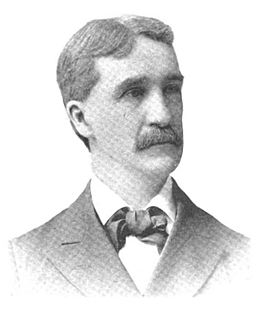A Quote by Oswald Chambers
The whole meaning of prayer is that we may know God.
Related Quotes
When a man is born from above, the life of the Son of God is born in him, and he can either starve that life or nourish it. Prayer is the way the life of God is nourished. Our ordinary views of prayer are not found in the New Testament. We look upon prayer as a means of getting things for ourselves; the Bible's idea of prayer is that we may get to know God Himself.
The ultimate test of my understanding of the scriptural teaching is the amount of time I spend in prayer. As theology is ultimately the knowledge of God, the more theology I know, the more it should drive me to seek to know God. Not to know about Him but to know Him! The whole object of salvation is to bring me to knowledge of God. If all my knowledge does not lead me to prayer there is something wrong somewhere.
We must remember that the GOAL of prayer is the ear of God. Unless that is gained, the prayer has utterly failed. The uttering of it may have kindled devotional feeling in our minds, the hearing of it may have comforted and strengthened the hearts of those with whom we have prayed, but if the prayer has not gained the heart of God, it has failed in its essential purpose.
One of the values of centering prayer is that you are not thinking about God during the time of centering prayer so you are giving God a chance to manifest. In centering prayer there are moments of peace that give the psyche a chance to realize that God may not be so bad after all. God has a chance to be himself for a change.
The condition of the church may be very accurately gauged by its prayer meetings. So is the prayer meeting a grace-ometer, and from it we may judge of the amount of divine working among a people. If God be near a church, it must pray. And if He be not there, one of the first tokens of His absence will be slothfulness in prayer.

































